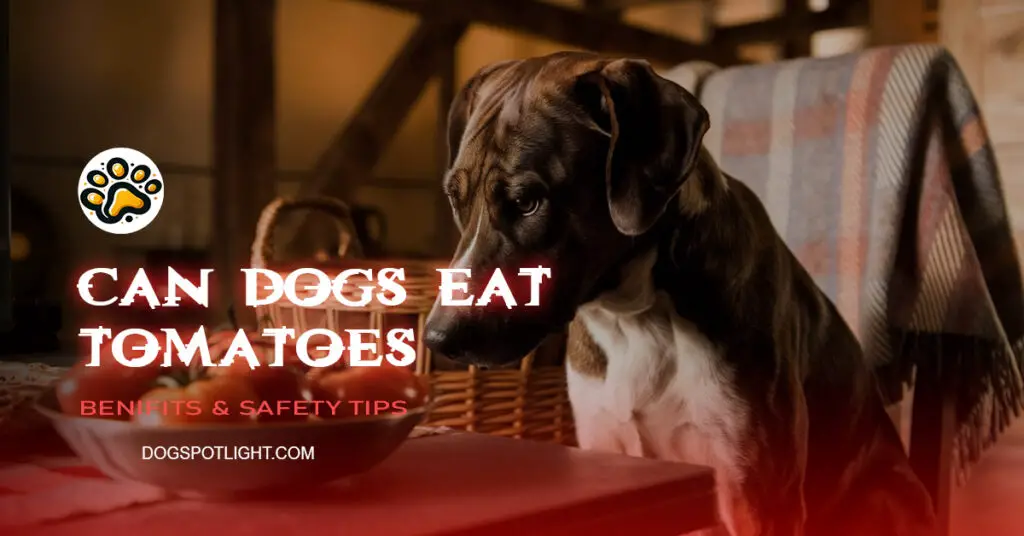Introduction
Pepperoncini, a mild and tangy pepper often enjoyed pickled, is a popular addition to many dishes, especially salads and sandwiches. For dog owners who enjoy snacking on these peppers, the question arises: Can dogs eat pepperoncini? While these peppers aren’t typically toxic, they may not be the best treat for your dog. This article will explore the safety, risks, and alternatives to pepperoncini when it comes to your pet’s diet.
Can Dogs Eat Pepperoncini?
No, dogs should not eat pepperoncini. They are spicy and can cause digestive upset, including stomach pain, vomiting, and diarrhea in dogs.
- Introduction
- What Is Pepperoncini?
- Can Dogs Eat Pepperoncini?
- Is Pepperoncini Safe for Dogs?
- Is Pepperoncini Bad for Dogs?
- Is Pepperoncini Toxic to Dogs?
- Table of Nutrition
- Can Dogs Eat Pepperoncini Peppers?
- Can Dogs Have Pepperoncini?
- Can Dogs Eat Raw Pepperoni?
- Benefits of Pepperoncini to Dogs
- Risks of Pepperoncini to Dogs
- Safe Alternatives to Pepperoncini for Dogs
- What Should I Do If My Dog Ate Pepperoncini?
- How to Feed Pepperoncini Safely to Dogs
What Is Pepperoncini?
Pepperoncini peppers, also known as Tuscan peppers or sweet Italian peppers, belong to the Capsicum annuum family, the same as bell peppers and chili peppers. They are commonly pickled and used to add a mild heat and tangy flavor to various foods. Pepperoncini is available in two main varieties: Greek pepperoncini and Italian pepperoncini, both of which are low in calories but rich in flavor.

Pepperoncini Ingredients
When it comes to feeding pepperoncini to dogs, the ingredients matter, particularly if they’re pickled. Here’s a breakdown:
- Fresh Pepperoncini: Contains water, fiber, vitamins like C and A, and a small amount of capsaicin, the compound that gives peppers their heat.
- Pickled Pepperoncini: Typically preserved in vinegar, salt, and sometimes sugar and other spices. These added ingredients are where the risks for dogs lie.
Can Dogs Eat Pepperoncini?
It is not advisable to feed pepperoncini to dogs, especially in pickled form. Although not toxic, the acidity and high sodium levels in pickled pepperoncini can cause gastrointestinal issues such as vomiting, diarrhea, and discomfort. Even fresh pepperoncini, though less harmful, may lead to stomach irritation due to its mild spice.
Is Pepperoncini Safe for Dogs?
While pepperoncini is not classified as a toxic food for dogs, it is not considered safe either, particularly in large amounts or in pickled form. The acidic vinegar and salt in pickled pepperoncini are far too harsh for a dog’s digestive system. Even the fresh version, which lacks these additives, can cause mild digestive upset.
Is Pepperoncini Bad for Dogs?
Yes, pepperoncini can be harmful to dogs. The following issues can arise:
- Digestive Distress: Dogs may experience vomiting, diarrhea, or bloating after consuming pepperoncini.
- Sodium Overload: Pickled pepperoncini is high in sodium, which can lead to excessive thirst, lethargy, or even sodium poisoning in severe cases.
- Acidic Reactions: The vinegar in pickled varieties can irritate a dog’s stomach lining, leading to digestive discomfort.
Is Pepperoncini Toxic to Dogs?
No, pepperoncini is not toxic in the same way that chocolate or grapes are to dogs. However, just because it’s not toxic doesn’t mean it’s safe. Pepperoncini can still cause discomfort and health issues, particularly in large quantities.

Table of Nutrition
Here’s a comparison of the nutrition in fresh and pickled pepperoncini:
| Nutrient | Fresh Pepperoncini (per 100g) | Pickled Pepperoncini (per 100g) |
| Calories | 25 | 35 |
| Sodium | 4 mg | 900 mg |
| Vitamin C | 103% DV | 40% DV |
| Fat | 0.3 g | 1.0 g |
| Carbohydrates | 5 g | 8 g |
Can Dogs Eat Pepperoncini Peppers?
Fresh pepperoncini peppers, while not as harmful as their pickled counterparts, still contain capsaicin, the compound responsible for the pepper’s mild heat. Although the amount of capsaicin in pepperoncini is low compared to spicier peppers, it can still cause mild irritation in a dog’s mouth and stomach.
Can Dogs Have Pepperoncini?
Dogs should not have pepperoncini, particularly pickled varieties, due to the high salt and acidity content. Fresh pepperoncini is also better avoided, as it could lead to digestive issues and is not beneficial to a dog’s health.

Can Dogs Eat Raw Pepperoni?
Pepperoni is different from pepperoncini but poses its own risks. Pepperoni, a highly processed meat that’s rich in fats and spices, can cause serious digestive problems in dogs, including pancreatitis. Its high fat, sodium, and spice levels make it entirely unsuitable for dogs.
Benefits of Pepperoncini to Dogs
Pepperoncini does contain beneficial vitamins like A and C, which are good for a dog’s immune system and overall health. However, the downsides of feeding pepperoncini to dogs far outweigh any minor nutritional benefits, especially considering the risks associated with the pickling process.
Risks of Pepperoncini to Dogs
- Gastrointestinal Issues: Stomach upset, vomiting, and diarrhea are common if a dog consumes pepperoncini.
- Salt Poisoning: Pickled pepperoncini contains high sodium levels, which can lead to salt poisoning if ingested in significant quantities.
- Acidic Discomfort: The vinegar in pickled peppers can cause acid reflux or irritate a dog’s stomach lining.
- Spice Sensitivity: Even the mild heat of fresh pepperoncini can cause oral irritation or burning sensations in some dogs.
Safe Alternatives to Pepperoncini for Dogs
Instead of pepperoncini, you can offer your dog safer, healthier treats that won’t upset their stomach or compromise their health:
- Bell Peppers: Rich in vitamins without the heat or spice.
- Carrots: A crunchy, low-calorie snack that’s great for dental health.
- Cucumbers: Hydrating and low in calories, making them a perfect treat for dogs.

What Should I Do If My Dog Ate Pepperoncini?
If your dog accidentally eats a small amount of pepperoncini, monitor them closely for signs of discomfort such as drooling, vomiting, or diarrhea. In most cases, dogs will recover on their own after mild digestive upset. However, if they consumed a large amount, especially pickled pepperoncini, consult your veterinarian for further advice.
How to Feed Pepperoncini Safely to Dogs
It’s best to avoid feeding pepperoncini to your dog altogether. If you want to introduce peppers to their diet, opt for dog-safe varieties like bell peppers. Always avoid pickled or spiced foods, and ensure the peppers are plain and fresh.
Pros
Cons
While pepperoncini may seem like a harmless snack, it is not suitable for dogs. Both the pickled and fresh versions can cause digestive upset, and the high sodium and vinegar in pickled pepperoncini pose additional risks. It’s always better to stick to dog-friendly snacks like carrots, cucumbers, and bell peppers for your pet’s safety and health.






Thanks for sharing. I read many of your blog posts, cool, your blog is very good.